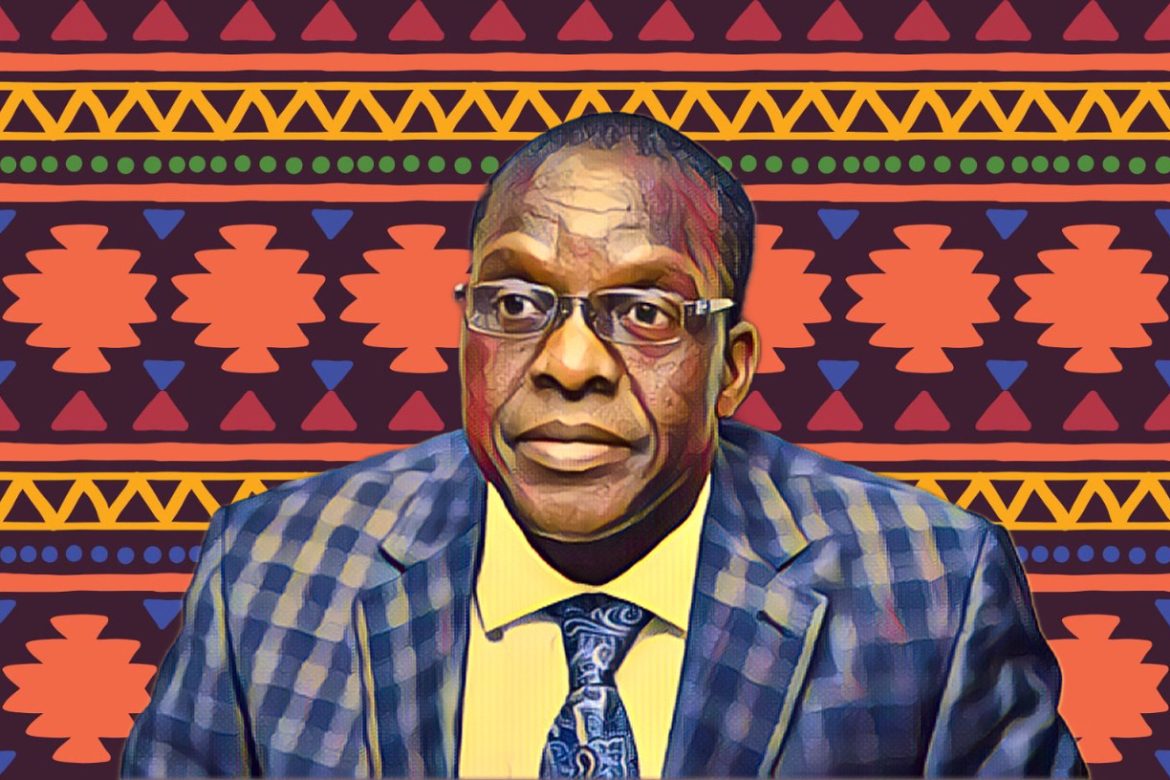In a recent development that has stirred the political landscape of Ghana, the Minority in Parliament has voiced its strong support for the Speaker’s decision to suspend the approval of new ministerial appointees in response to the presidency’s directive regarding the Human Sexual Rights and Family Values (Anti-LGBTQ+) Bill. This directive from the office of President Nana Akufo-Addo, conveyed through a letter from his Executive Secretary, Nana Bediatuo Asante, on March 19, 2024, called for a halt in the transmission of the anti-LGBTQ+ Bill to the President for assent, citing two pending applications for an order of interlocutory injunction before the Supreme Court as the reason.
The President’s request has ignited a fiery debate on the separation of powers and the constitutional mandate of the Parliament, highlighting a profound moment of discord between the executive and legislative branches of the Ghanaian government. The Speaker of Parliament, Alban Bagbin, expressed dismay at the presidency’s stance, interpreting it as a deviation from democratic norms and a disregard for the mutual respect that should exist between the government’s branches. The anti-LGBTQ+ bill, which saw unanimous passage in Parliament, has become a flashpoint, embodying broader issues of governance, human rights, and societal values in Ghana.
Dr. Cassiel Ato Forson, the Minority Leader, during a press conference, underscored the Minority’s alignment with Speaker Bagbin’s concerns. He criticized the presidency’s attempt to maintain what he described as “a middle ground” on the bill as unconstitutional, asserting that the President’s actions present a clear departure from the binary options of assent or veto that the 1992 Constitution affords him regarding legislation. Dr. Forson’s remarks did not mince words; he suggested that the President’s reluctance to either assent to or reject the bill outright could constitute a breach of the Constitution, hinting at the possibility of impeachment proceedings.
This standoff has also impacted the vetting process for ministerial nominees, with the Minority insisting that Parliament’s constitutional duties have been hamstrung by the executive’s directive. Dr. Forson seized this moment to call for a reassessment of the size of the government, arguing that the current situation reflects poorly on the President’s governance and suggests an unwieldy administration at a time when the nation faces significant challenges.
The controversy over the anti-LGBTQ+ bill and the subsequent suspension of new ministers’ approval is emblematic of deeper tensions within Ghanaian politics. It raises critical questions about the balance of power, the role of the judiciary in legislative processes, and the capacity of the government to navigate divisive issues. Moreover, it underscores the vibrancy of Ghana’s democratic institutions and the active engagement of its political leaders in constitutional and societal debates.
The Minority’s stance, as articulated by Dr. Forson, emphasizes a commitment to defending the Constitution and ensuring that the legislative process is respected and preserved. This episode is a testament to the complexities of governance in Ghana, where constitutional mandates, societal values, and political strategy intersect. As Ghana continues to navigate this contentious issue, the outcome will undoubtedly have lasting implications for its democratic practice, the rule of law, and the relationship between the state’s various branches.
The unfolding events also spotlight the role of the Supreme Court in resolving constitutional disputes, reaffirming the judiciary’s crucial position in Ghana’s democracy. As the nation awaits the Court’s ruling on the pending applications that have precipitated this standoff, the broader dialogue about human rights, societal norms, and the legal framework governing such issues remains intensely relevant.
In conclusion, the controversy surrounding the anti-LGBTQ+ bill and the suspension of ministerial approvals reflect a moment of significant constitutional and political reckoning in Ghana. The Minority’s unwavering support for the Speaker’s actions and their readiness to challenge what they perceive as executive overreach exemplify the vibrant democratic ethos that characterizes Ghanaian politics. As this situation unfolds, it will undoubtedly contribute to the ongoing discourse on governance, human rights, and the delicate balance of power within the republic, shaping the contours of Ghana’s democratic journey.




